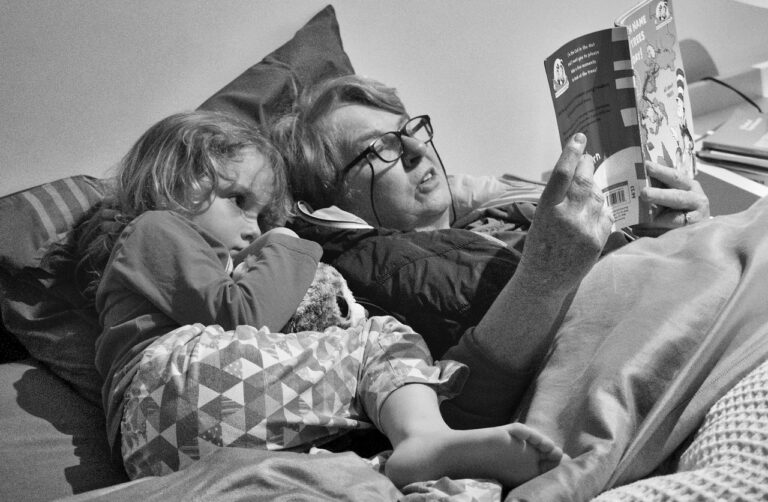Assessing the Impact of Social Media on Student Well-being
Social media has become an integral part of student life, shaping the way individuals interact and communicate. With platforms like Instagram, Facebook, and Twitter at their fingertips, students now have the ability to connect with peers, stay updated on news, and even engage in educational discussions online. This increased accessibility to information and social networking has transformed the way students engage with their environment and has become a prominent aspect of modern student culture.
Students today not only use social media for personal connections but also for academic purposes. Many educational institutions have incorporated social media platforms into their learning environments, providing students with a digital space to collaborate, share resources, and engage in virtual discussions. This shift towards digital communication has created a more interconnected and global student community, breaking down traditional barriers and fostering a culture of knowledge sharing and collaboration.
Understanding the Connection Between Social Media and Mental Health
Social media has undoubtedly become an integral part of our daily lives, especially amongst the younger generation. With the rise of platforms like Instagram, Facebook, and Snapchat, individuals, including students, are constantly connected to virtual networks, engaging in a plethora of interactions and content consumption. However, this increased reliance on social media has raised concerns about its impact on mental health.
Research suggests that the use of social media can have both positive and negative effects on mental well-being. On one hand, social media provides a platform for individuals to connect with others, seek support, and share experiences, which can contribute to feelings of belongingness and community. On the other hand, the constant comparison with others, exposure to idealized representations of life, cyberbullying, and the pressure to maintain a curated online persona can lead to increased feelings of anxiety, depression, and loneliness among users.
Exploring the Effects of Social Media on Self-esteem
Research has shown that the pervasive use of social media platforms can have a significant impact on individuals’ self-esteem. The constant exposure to carefully curated posts and images from others often leads to unfavorable social comparisons, triggering feelings of inadequacy and lower self-worth in users. The pressure to present an idealized version of oneself online can contribute to unrealistic standards and foster a culture of perfectionism.
It is essential to recognize the potential detrimental effects of social media on self-esteem and take steps to mitigate its impact. Engaging in mindful consumption of social media, limiting screen time, and cultivating a strong sense of self-awareness and self-acceptance are crucial strategies in safeguarding one’s self-esteem in the digital age. By prioritizing authenticity and self-care over seeking validation from social media, individuals can strive to maintain a healthier relationship with themselves and the online world.
How has social media become so prominent in student life?
Social media platforms have become an integral part of student life due to their convenience, accessibility, and the ability to connect with peers and share experiences online.
Is there a link between social media and mental health?
Research suggests that excessive use of social media can contribute to feelings of anxiety, depression, and loneliness, impacting one’s mental health.
How does social media affect self-esteem?
Social media can have both positive and negative effects on self-esteem. Comparing oneself to others online can lead to feelings of inadequacy, while receiving positive feedback and support can boost self-esteem.
What are some ways to maintain a healthy relationship with social media?
It is important to limit screen time, curate your online feed to include positive and uplifting content, and prioritize real-life interactions to maintain a healthy balance with social media.







